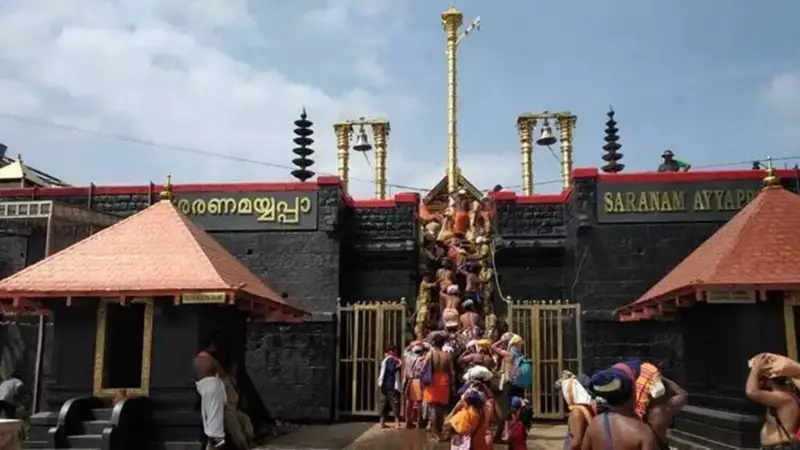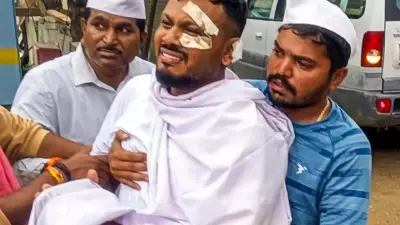
Karnataka Sounds Alarm for Pilgrims as Brain-Eating Amoeba Cases Increase
In a proactive move to safeguard its citizens, the Karnataka government has issued an urgent health advisory directed at pilgrims embarking on the sacred Sabarimala Yatra. This advisory comes as a direct response to the rising concerns over cases of a rare and fatal brain infection, Amoebic meningoencephalitis, linked to the 'brain-eating amoeba' Naegleria fowleri found in neighbouring Kerala.
Understanding the Threat: What is Naegleria Fowleri?
The advisory, formally released by the Commissionerate of Health and Family Welfare Services on Tuesday, November 19, 2025, provides critical details about the microorganism. Naegleria fowleri is a free-living amoeba typically found in warm freshwater bodies. These include:
- Stagnant water pools
- Ponds
- Lakes
- Poorly maintained swimming pools
The infection does not spread from one person to another, nor is it contracted by drinking contaminated water. The grave danger arises when water containing the amoeba is forced up the nose. From there, the highly virulent organism can travel to the brain, causing the devastating and often fatal disease.
Essential Safety Precautions for Pilgrims
The state health department has outlined clear and simple precautions for all pilgrims to follow rigorously during their journey. The primary defence is to prevent water from entering the nasal passages.
The advisory strongly recommends: using nose clips or simply holding your nose shut tightly while bathing or engaging in any ritualistic activities involving stagnant water along the Yatra route.
Furthermore, the government has stressed the importance of recognizing early symptoms. Pilgrims are urged to seek immediate medical attention if they experience any of the following within a week of water exposure:
- High fever
- Severe and persistent headache
- Nausea and vomiting
- Stiff neck
- Confusion or altered mental status
- Behavioural changes
The advisory explicitly states that these symptoms 'should not be ignored' and that one must contact the nearest government hospital or a doctor for emergency care without delay.
By issuing this directive, the Karnataka government aims to ensure that devotees can fulfil their spiritual duties without compromising their health and safety, promoting a vigilant and informed pilgrimage community.





